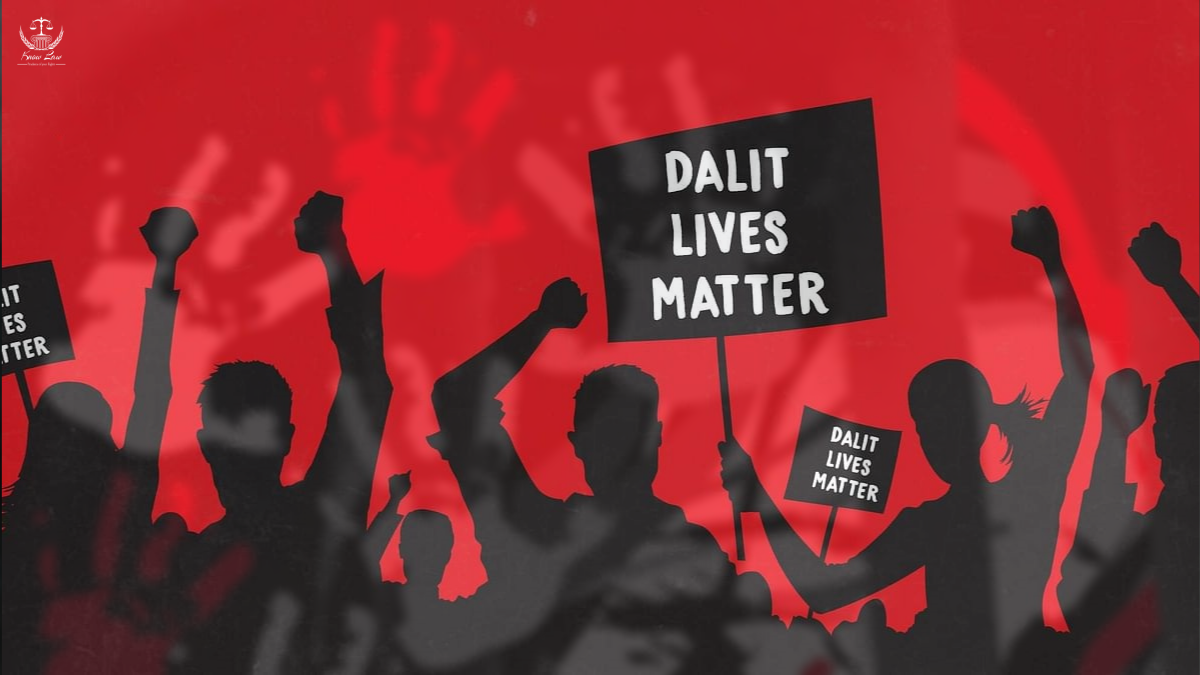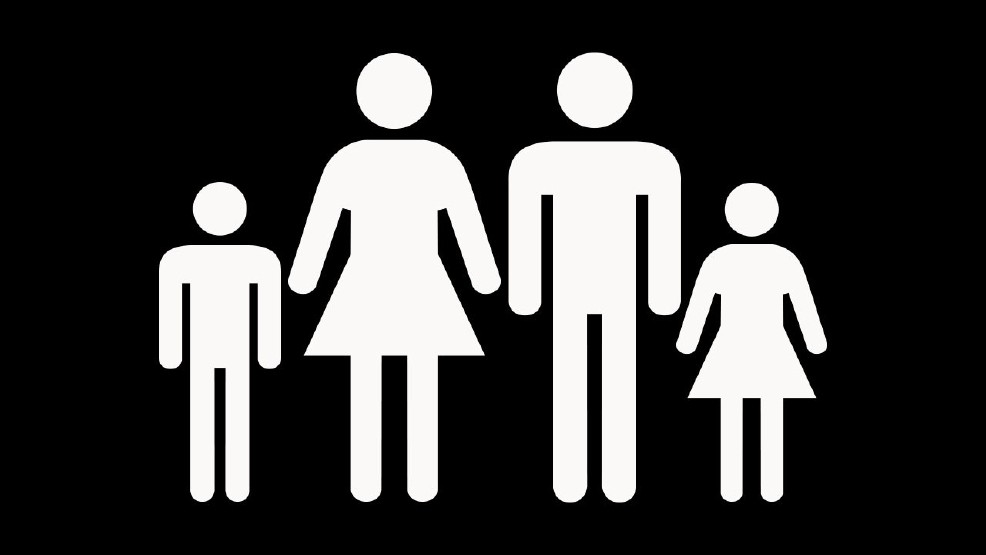Trigger Warning: Violence, Rape
A water tank in Karnataka’s Chamarajanagar district was drained, and ‘purified’ with cow urine after a Dalit woman drank water from it, since untouchability is the ideology which still continues to dominate the Indian public consciousness. This incident took place in Chamarajanagar district’s Heggotara village on November 18.
A similar case happened in August of this year when a boy in Rajasthan was beaten to death because he drank water from a pot at school. There are numerous cases where Dalits are denied basic necessities because of their caste. As they are denied the most basic necessities, they are or become socially marginalised— this discrimination results in the social exclusion of Dalits within the society.
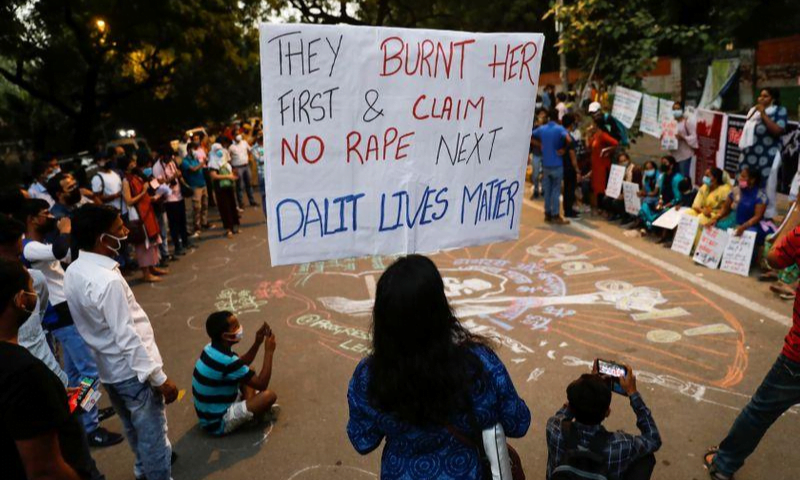
The Hathras gangrape case revealed how a wide spectrum of privileges and power colluded with one another in flagrant defiance of law, morality, and social coexistence. This is done to silence the voice of the oppressed community and to showcase the power of upper-caste masculinity.
Social exclusion and Dalits
Emile Durkheim, a French sociologist, talks about the functional aspect of the ‘division of labour’, and in the Indian context (where the four Varnas are supposed to be divided according to the respective occupation), it is noticeable that certain occupations are considered pure while others are impure due to the nature of the work involved, and the people involved in ‘impure’ occupations are frequently treated as untouchables.
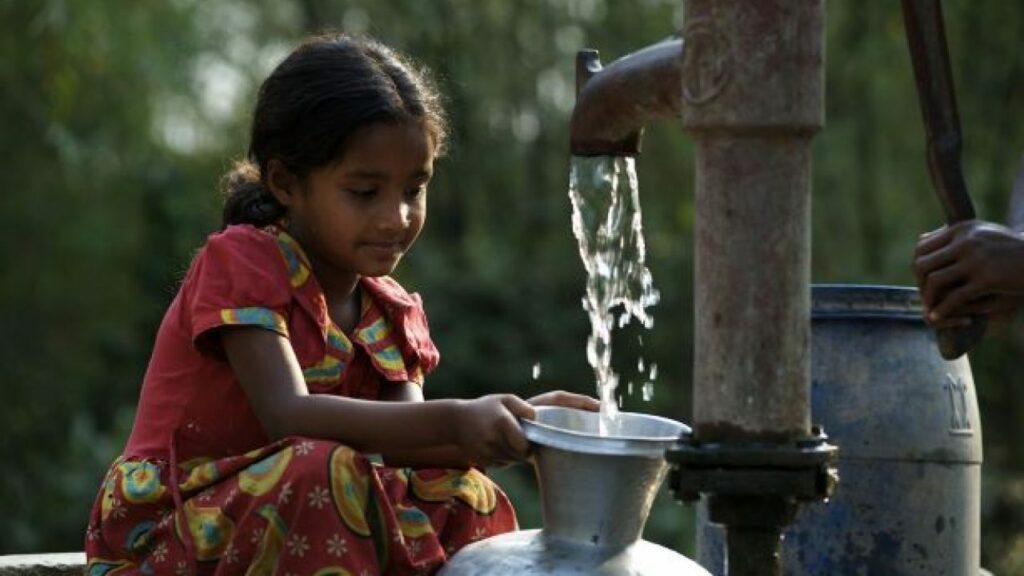
In India, generally, the Dalits are considered untouchables, and in many parts of the country, this practice continues to be prevalent. The impact of social exclusion in itself are disastrous and further lead to other kinds of deprivations like having no access to water resources and being forbidden from entering common/public places.
Also read: The Historical Erasure Of India’s Groundbreaking Dalit Feminism
In the contemporary scenario, due to the impact of this exclusion, Dalits are subjected to social, cultural, economic and political vulnerabilities. A study by the International Dalit solidarity network on untouchables in India covering 565 villages in 11 states has revealed the extent to which untouchability and social exclusion are practised despite being officially banned by the constitution of India.
“Dalit women are discriminated at all levels of health care. I have seen cases where the midwives in charge of delivery have been harsher with Dalit women and been unsympathetic to their pain.”
Gayatri Sonkar, All India Dalit Mahila Adhikar Manch
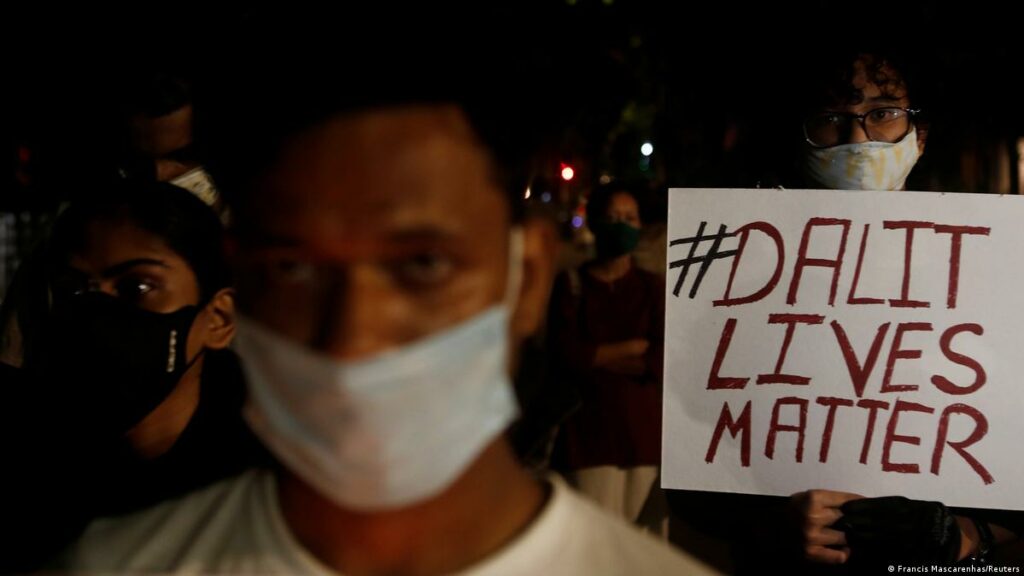
Further, social exclusion leads to lack of education, unemployment and the perilous of all, the subordination of the already subordinated group— Dalit women. They face not just social exclusion but the oppressive cycle of discrimination, which has its roots not so hidden in the institutions of caste and patriarchy.
Uncovering social exclusion in various spheres
Social Life
Social exclusion is based on untouchability, such as the member of a community not being allowed to enter public places like temples, schools, and hospitals, lack of access to water resources as seen in the aforementioned case, restriction on entry to various educational institutions and unequal treatment in profession. In short, the denial of rights.
Education
On September 2, 2022, a Dalit student was beaten by his teacher for touching their motorbike and this happened at a higher secondary school in Ballia, Uttar Pradesh. “I will never be able to forget this incident. Earlier, he had beaten a few students very badly for playing on the ground,” said Vivek Kumar, the student who was brutally beaten by his teacher.
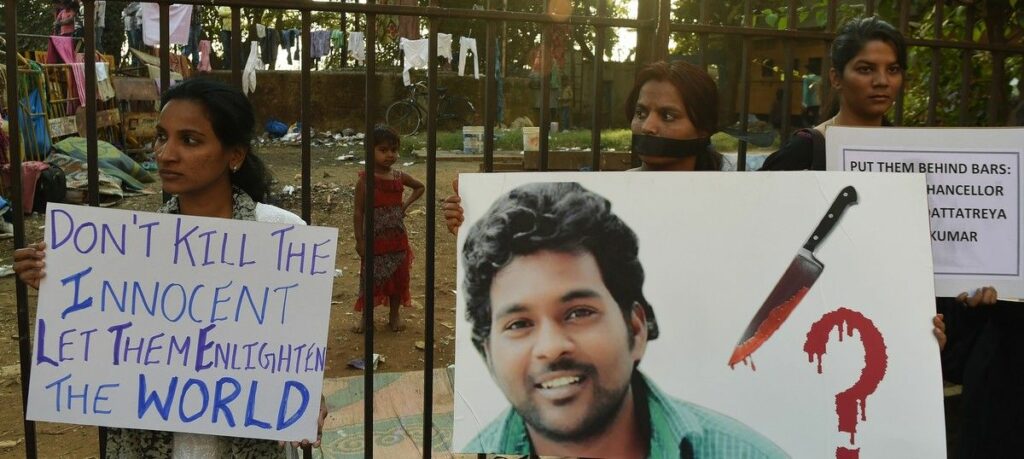
Although the teacher got suspended, such an incident leaves a deep psychological impact on students and they may not be able to overcome the “trauma” of such experiences. The denial of education and skill development to Dalit students is a larger kind of discrimination in an educational institution. In addition to lowering their employability for high-quality occupations, this lowers the quality of their human resources, forcing them to return to low-wage manual work in both agricultural and non-agricultural industries.
Oxfam India, in its report, noted that one in four Indians faced discrimination while accessing health services due to their caste and religion. Their vulnerable condition was more evident during the Covid 19 pandemic and has proved that social and economic inequality leads to exclusion in accessing healthcare.
Marriage
Inter-caste marriage continues to be a taboo in our society. Sakshi Mishra married a Dalit man on July 4, 2019 and a week later of her marriage, she asked for protection (which was later provided to her) from her father because he was threatening to kill them as she was married to a Dalit man. This case reflects the unfairness and injustice that the Dalit community suffer on an every day basis. Dalit men who seek to marry upper-caste women endure fear because of their Dalit identity, which often leads to murder or a miserable life, as seen in countless examples in India.
Health
Caste discrimination in the healthcare system is more subtle. Gayatri Sonkar, who works with the All India Dalit Mahila Adhikar Manch, says: “Dalit women are discriminated at all levels of health care. I have seen cases where the midwives in charge of delivery have been harsher with Dalit women and been unsympathetic to their pain.”
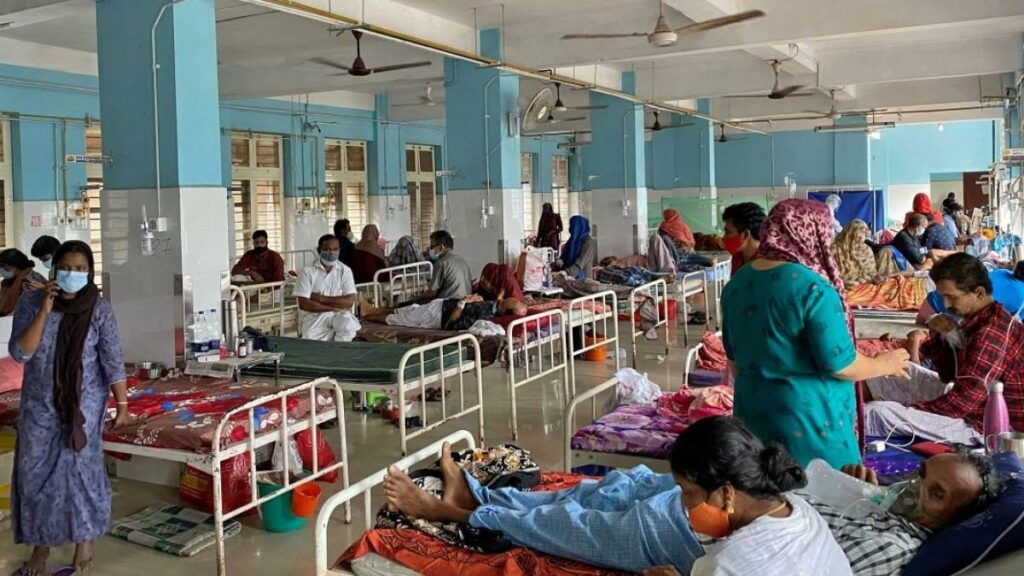
For instance, doctors and nurses often refrain from touching a Dalit patient during diagnosis, display indifferent and offensive behaviour and interrupt them while speaking, unlike non-Dalit patients, who are treated more cordially and allotted more consultation time.
Also read: Dalit Histories: Beyond The Binary Of Atrocities And Reservation
Oxfam India, in its report, noted that one in four Indians faced discrimination while accessing health services due to their caste and religion. Their vulnerable condition was more evident during the Covid 19 pandemic and has proved that social and economic inequality leads to exclusion in accessing healthcare.
Gender-based violence
On 14 September 2020, a 19-year-old Dalit woman was gang-raped in Hathras district, Uttar Pradesh, by four upper-caste men. She died two weeks later in a hospital in Delhi. After her death, the victim was forcibly cremated by the police without the consent of her family, a claim denied by the police, as reports say. The case revealed how a wide spectrum of privileges and power colluded with one another in flagrant defiance of law, morality, and social coexistence. This is done to silence the voice of the oppressed community and to showcase the power of upper-caste masculinity.
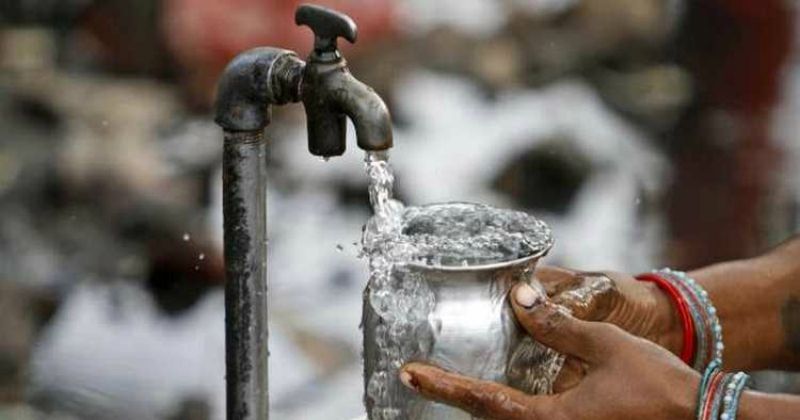
Within the institutionalised social system, Dalits are denied all essential human rights (such as the right to equality, the right to work, the right to life, the right to health, and so on), which leads to the deplorable state of Dalits in the society.
Also read: One Year Since The Gangrape Of A Dalit Girl In Hathras…
Untouchability is pervasive, and there is a fine limit of acceptable social behaviour that, when crossed, results in swift and often brutal retribution. The abuse of power and domination pervades the criminal judicial system, where criminality is widespread among the stakeholders for delivering justice, including police, judges, and medical professionals. The dominant social and political systems continue to harass the existence of an already marginalised group and aids in prevailing their exclusion from the society.
